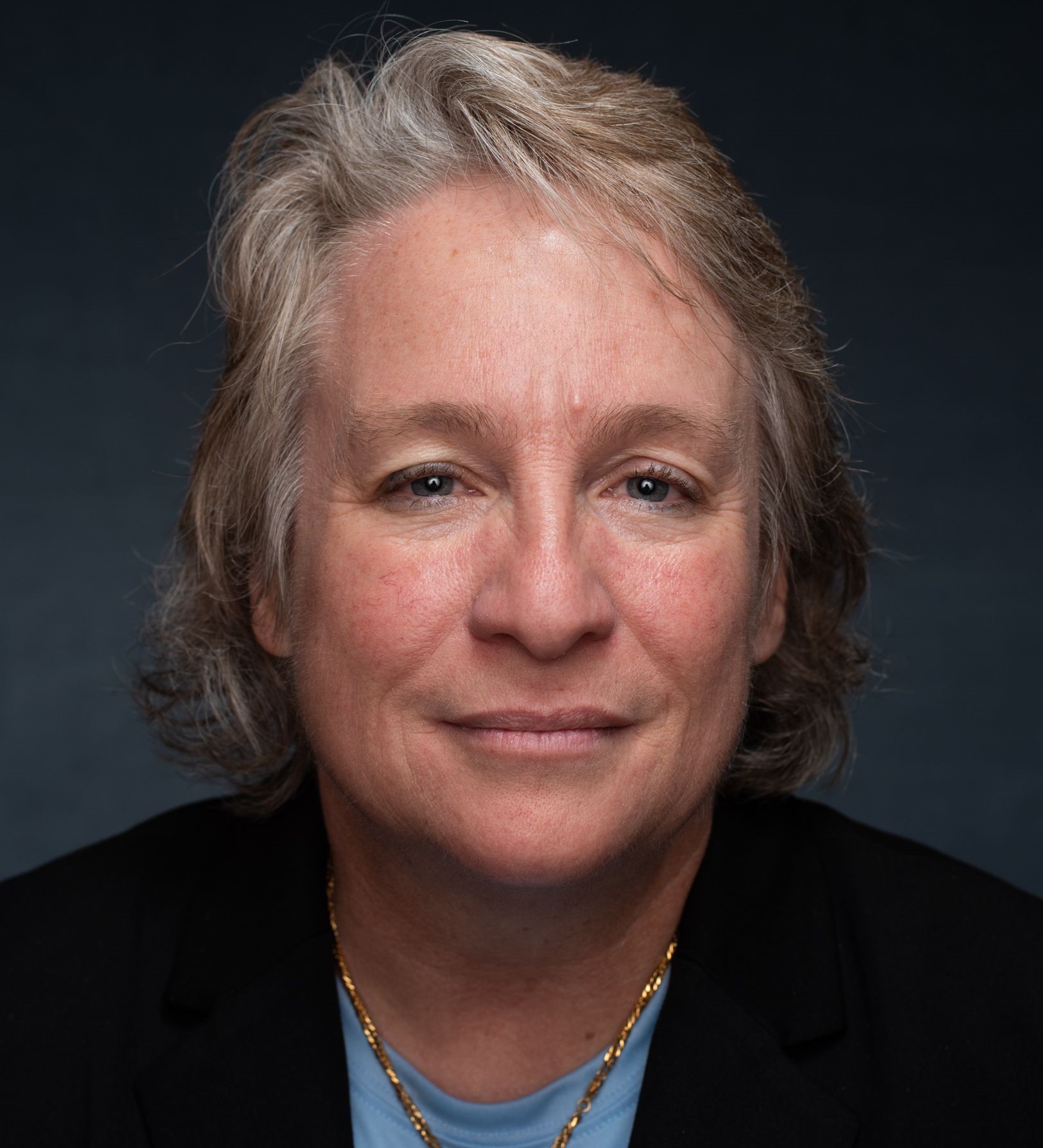 Meet Chief Marcia Harnden & Sheriff Jef Van Arsdall:   Chief Marcia Harnden (Albany PD) & Sheriff Jef Van Arsdall (Benton County) "The Leaders' Mandate - Caring for Your People During Times of Loss and Tragedy" Chief Marcia Harnden was hired by the Bellevue Police Department in 1993 after graduating from the University of Washington where she has a Bachelor of Arts in History and Speech Communication. She also has a Master’s Degree in Applied Leadership from City University. She as served in a variety of operational and support assignments ranging from patrol, school resource officer, investigations and public information officer. She was promoted to Lieutenant in 2010 and was assigned the Traffic Unit’s Investigation Team and managed 6 Accident Reconstruction Investigators. In 2015, she was promoted to Captain and returned to patrol where she supervised 6 patrol squads, field training and K-9. In October 2016 Captain Harnden took over command of the Special Operations Group which includes the Human Trafficking Vice Detectives, Narcotics Investigation, Serial Criminal intervention and a Joint Terrorism Taskforce Detective. In 2018, Captain Harnden returned to patrol where she oversaw 4 sergeants, the Traffic Unit as well as the SWAT/HNT/Bomb Teams. She retired from Bellevue Police in 2019 and joined the Albany Police Department in January 2020 as the Chief of Police. Albany Police has over 60 sworn police officers, over 30 support staff and is the host agency for the Linn Interagency Narcotics Enforcement Taskforce (LINE). The Line Taskforce is a regional partnership with Albany Police, Lebanon Police, Sweet Home Police, Linn County Sheriff, Oregon State Police, the Oregon National Guard, the Drug Enforcement Agency, and Oregon-Idaho HIDTA. One of her most important initiatives at APD is to have a robust and thorough wellness program that allows sworn and non-sworn staff access to services that will keep them mentally and physically healthy throughout their careers and beyond. Chief Harnden is active in the NW Women’s Law Enforcement Network. She holds faculty positions at two colleges in the Pacific Northwest and instructs for Association of Public-Safety Communications Officials in the area of leadership development. She is also an adjunct instructor for the Washington State Criminal Justice Training Commission. Sheriff Jef Van Arsdall has over twenty years of law enforcement experience. He began his career with Washington County, Oregon as a reserve deputy, worked at the Corvallis Police Department beginning in 1997, earning the rank of patrol lieutenant, and joined Baker County Sheriff’s Office in 2017, becoming undersheriff in 2018. Van Arsdall holds a Bachelor’s of Science in Administration of Justice from Portland State University. He was sworn in as Benton County's Interim Sheriff on March 15, 2021. Topic: "The Leaders' Mandate - Caring for Your People During Times of Loss and Tragedy" Whereas police leaders possess many skills, they often do not have internal crisis leadership training, experience, or expertise that includes the “human element.” All crises are human crises. Law enforcement continually deals with crisis with the people we serve in the community. We don’t readily deal with it within our own walls. Ultimately the most important asset at stake is our people – both as humans with value and as employees. Leaders may genuinely care about their employees but must find ways to express it effectively. The time to start that is before the tragedy hits. That early planning involves having established protocols or access to: Peer Support, Chaplains, CRT, EAP, existing wellness plans. This will give leadership an opportunity to dive into the unique cultures and how different offices/LEO's respond and the importance of being able to have a unique response to the individual.
|


